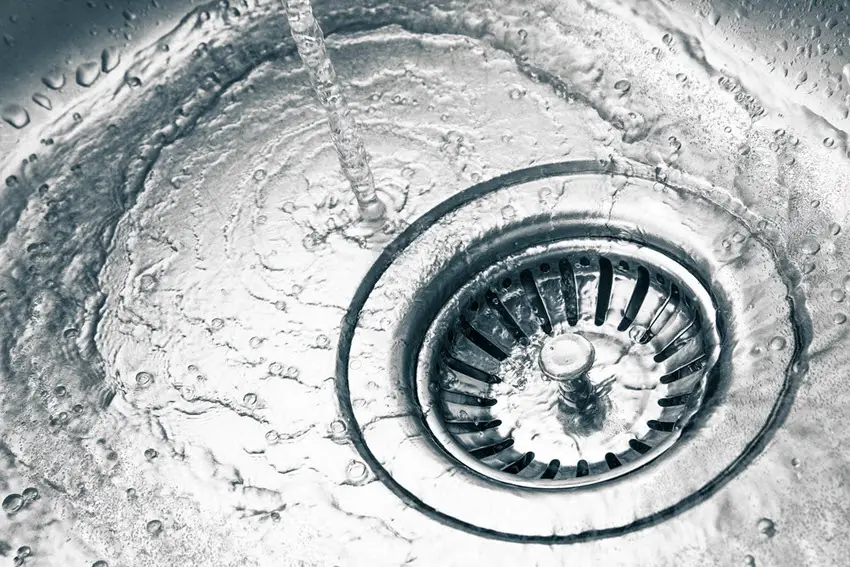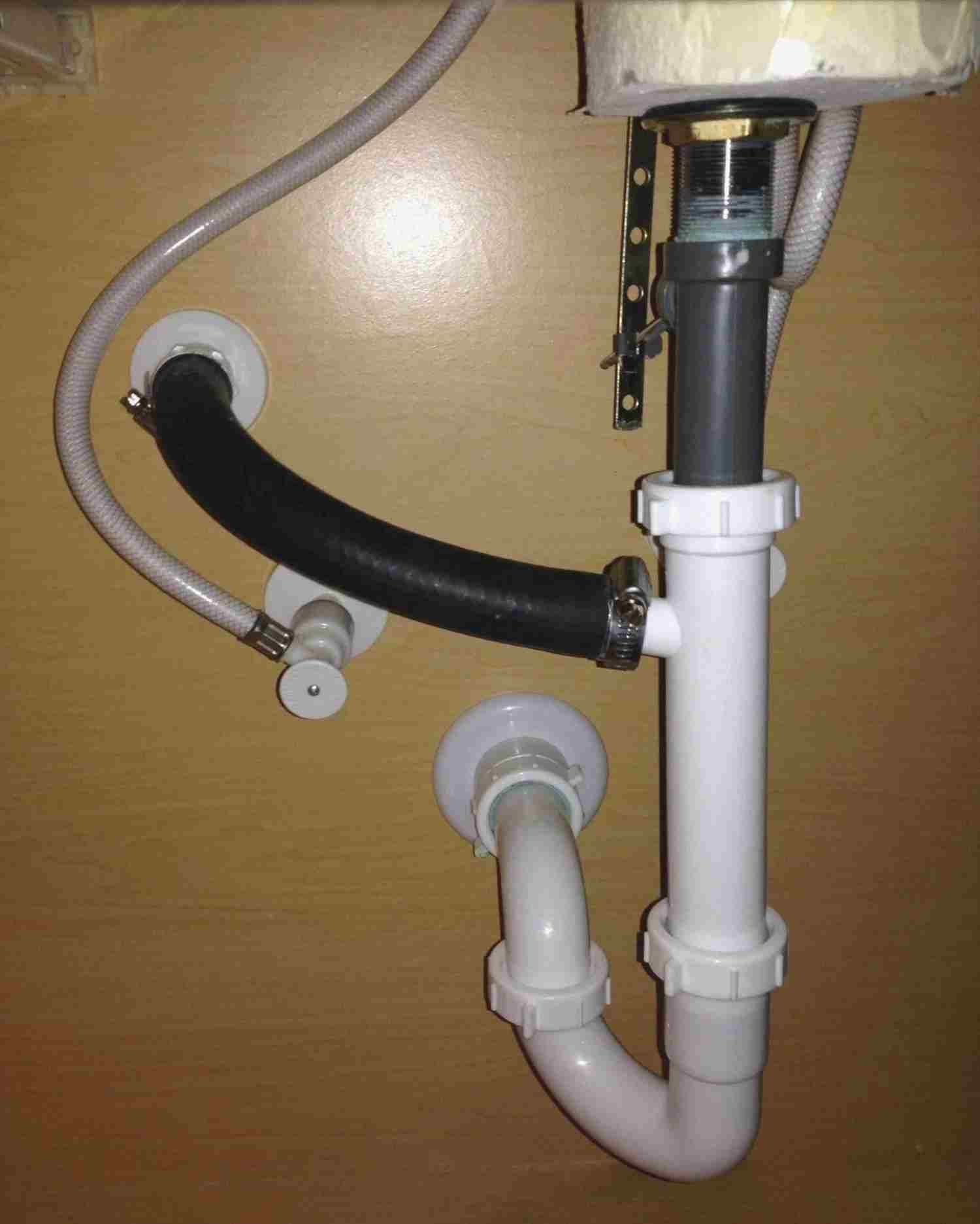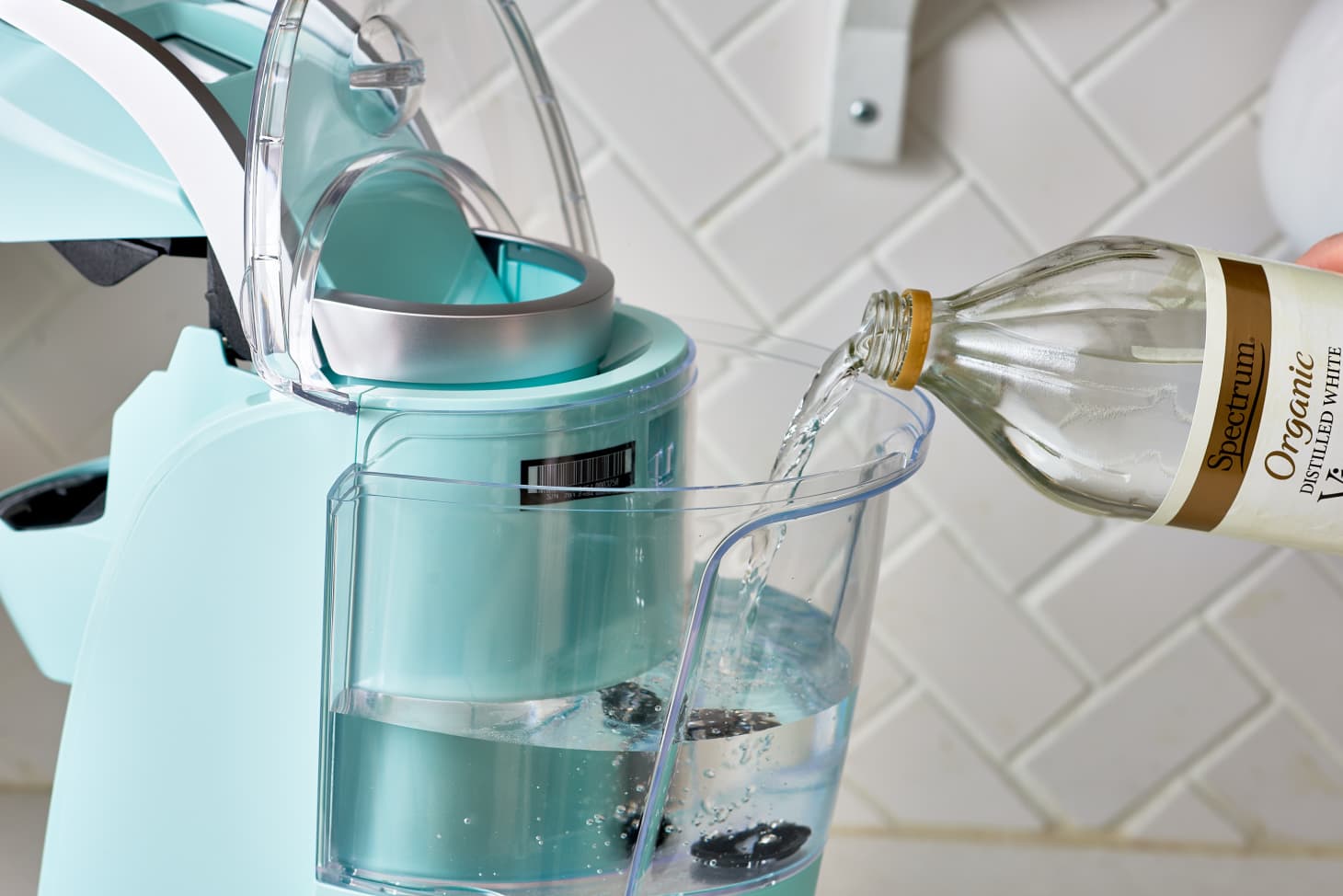If your kitchen sink is emitting a sulfur-like smell, it can be quite unpleasant and may indicate an underlying issue. Several factors could contribute to this odor, and understanding them can help you address the problem effectively.
One common cause of a sulfur smell in the kitchen sink is a buildup of organic matter in the drain. Over time, food particles, grease, and other debris can accumulate in the pipes, creating a breeding ground for bacteria. These bacteria produce hydrogen sulfide gas, which has that distinct rotten egg smell. To tackle this issue, consider using a natural drain cleaner or a mixture of baking soda and vinegar to break down the organic buildup and eliminate the odor.
Another potential culprit for the sulfur smell is a contaminated water source. If the water supply contains sulfur compounds, it can manifest as an unpleasant odor when you use it in the sink. Installing a water filtration system or consulting with your local water utility can help address this problem, ensuring that the water you use is free from sulfur-related odors.
Sometimes, the issue may originate from the water heater. A water heater’s anode rod, which is designed to prevent corrosion, can react with sulfur compounds in the water and produce hydrogen sulfide gas. Checking and replacing the anode rod if necessary can mitigate this problem, eliminating the sulfur smell in your kitchen sink.

In certain cases, a clogged or blocked vent pipe could contribute to the unpleasant odor. The vent pipe allows sewer gases to escape, and if it’s obstructed, those gases can build up and result in a sulfur-like smell. Inspecting and clearing the vent pipe can help maintain proper airflow and prevent the accumulation of foul odors in the sink.
Additionally, be mindful of the type of cleaning products you use in your kitchen. Harsh chemicals can sometimes react with organic matter in the drain, producing unpleasant odors. Opt for mild and environmentally friendly cleaning solutions to avoid exacerbating the issue.
If you have a garbage disposal in your kitchen sink, it could be another source of the sulfur smell. Food particles trapped in the disposal unit can decay and produce hydrogen sulfide gas. Regularly cleaning and deodorizing the garbage disposal can help prevent the buildup of odor-causing bacteria.
In some cases, a damaged or deteriorating sewer pipe may be the root cause of the sulfur smell. Leaks in the pipes can allow sewer gases to escape, leading to unpleasant odors in the kitchen. If you suspect a sewer pipe issue, it’s advisable to consult with a professional plumber who can assess the situation and perform any necessary repairs.

Moreover, consider the frequency and method of using your kitchen sink. Infrequent use can lead to stagnant water in the pipes, providing an ideal environment for bacteria to thrive and produce odors. Running hot water through the sink regularly, even when not in use, can help prevent the buildup of foul-smelling gases.
Sometimes, the type of material used in your plumbing system can contribute to the sulfur smell. Certain metals, such as iron or manganese, can react with water and produce odorous compounds. If this is the case, consulting with a plumber to explore alternative plumbing materials may be a solution.
An often overlooked factor is the presence of a dry P-trap. The P-trap is designed to retain a small amount of water to block sewer gases from entering your home. If the P-trap dries out, it can allow these gases to escape, resulting in unpleasant smells. Simply running water in the sink to refill the P-trap can resolve this issue.
Consider the temperature of the water you use in the kitchen sink. Warm water promotes the growth of bacteria, which can contribute to foul odors. Using cold water more frequently or alternating between hot and cold water can help control bacterial growth and minimize unpleasant smells.

Pets can also be a factor in causing strange odors in the kitchen sink. Pet hair, food particles, and other debris from pet bowls can contribute to bacterial growth and unpleasant smells. Regularly cleaning pet bowls and the surrounding area can help keep the kitchen sink odor-free.
Additionally, take a look at the overall cleanliness of your kitchen. Accumulated dirt, spills, and food residues can create an environment conducive to odor development. Regularly cleaning the sink, surrounding countertops, and other kitchen surfaces can help prevent the buildup of substances that contribute to unpleasant smells.
Sometimes, a simple solution like placing a lemon or orange peel in the garbage disposal can provide a natural and refreshing aroma to counteract any lingering sulfur smell. Natural deodorizers can be effective in masking odors while avoiding the use of harsh chemicals.
A sulfur-like smell emanating from your kitchen sink can stem from various causes, ranging from organic buildup in the drain to issues with the water supply or plumbing system. By identifying the specific source of the odor, you can take targeted steps to eliminate it and ensure a fresh and pleasant kitchen environment. Regular maintenance, proper cleaning practices, and attention to potential issues will contribute to a more enjoyable and odor-free kitchen space.

Smelly Bathroom Sink Solution Bathroom Sink

Kitchen Sink Sprayer Smells Like Rotten Eggs Dandk Organizer

Sulfur Smell In Bathroom Sink – HOME DECOR

How To Remove Odor From Kitchen Sink Home Designs Inspiration
Bathroom Sinks – Undermount, Pedestal & More: Sulfur Smell In Bathroom Sink Drain
Related Posts:
- How To Fix Plumbing Under Kitchen Sink
- Franke Composite Kitchen Sinks
- Oxo Kitchen Sink Strainer
- Gooseneck Light Over Kitchen Sink
- Vintage Cast Iron Kitchen Sink With Drainboard
- How To Fix A Dripping Kitchen Sink Faucet
- Kitchen Sink London
- Single Basin Kitchen Sink Vs Double
- Are Acrylic Kitchen Sinks Durable
- Kitchen Sink Dishwasher Vent